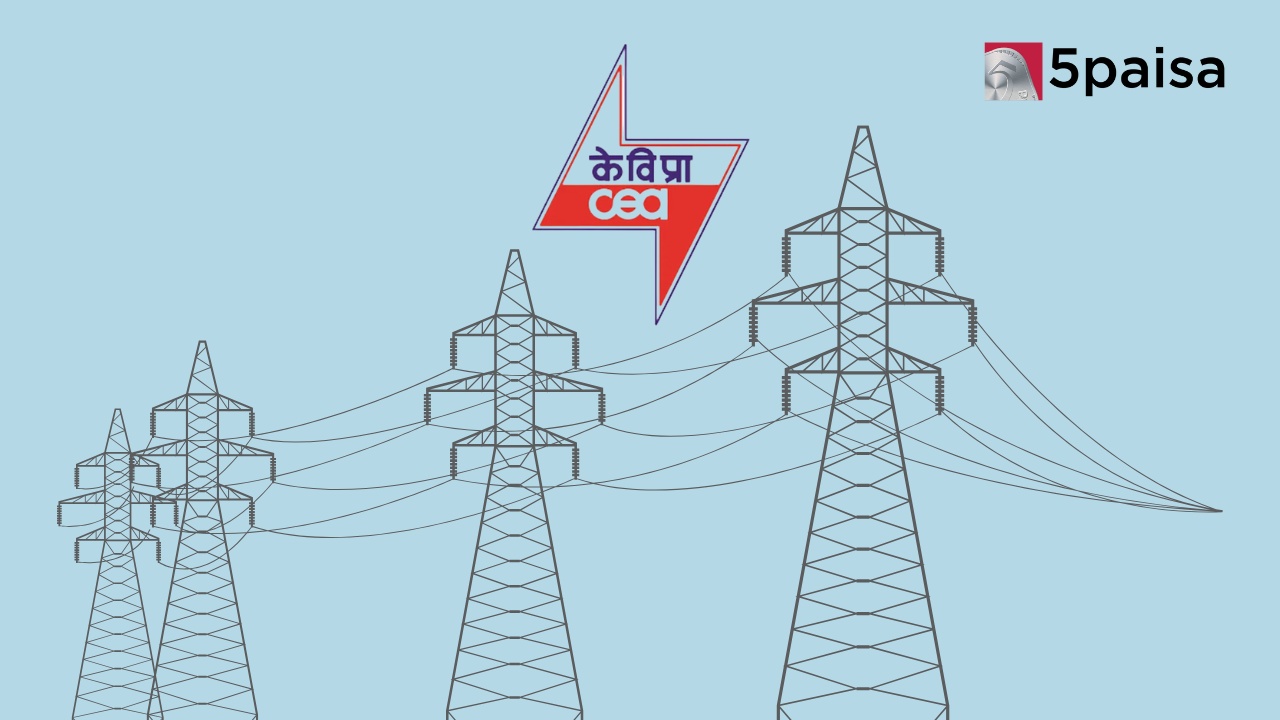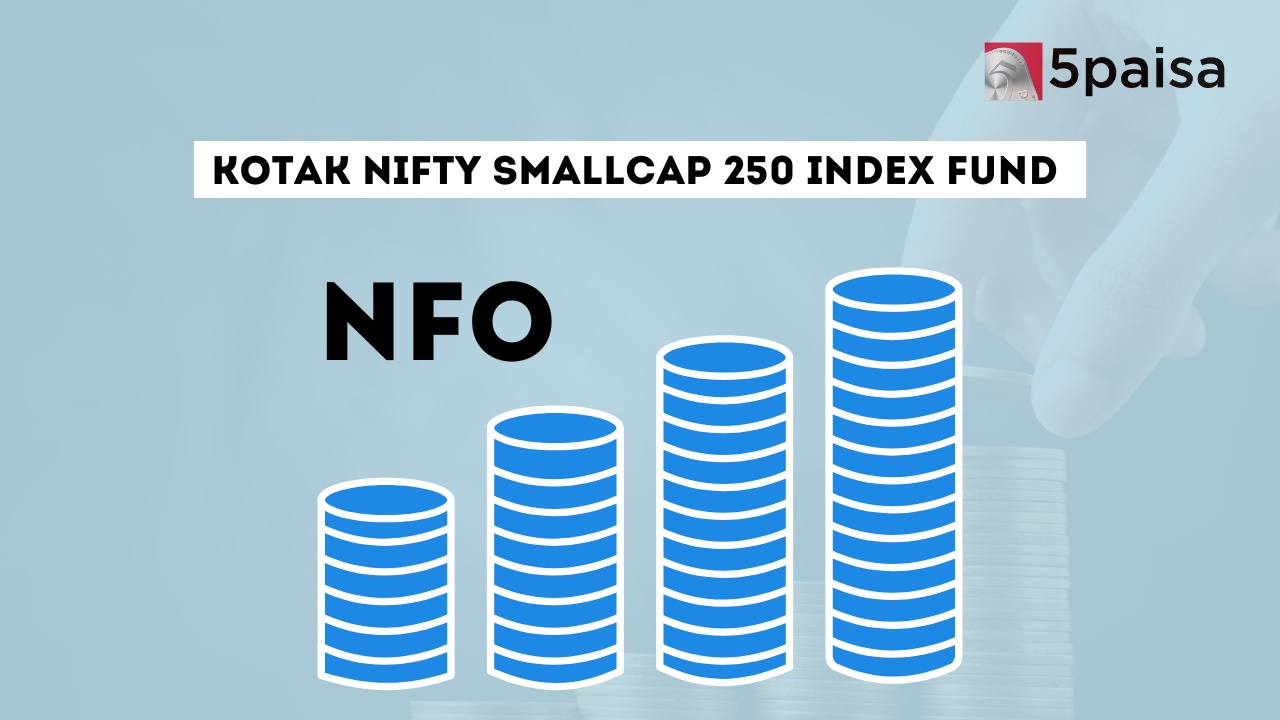Nifty and Sensex Drop on July 18 After US Chip Stocks Plunge

Last Updated: 18th July 2024 - 02:16 pm
Benchmark indices Nifty and Sensex started on a weak note on July 18 after a three-day rally, affected by a sharp decline in US chip stocks amid reports of potential tighter restrictions on advanced semiconductor technology exports to China. This led Nasdaq to record its worst day since December 2022.
At approximately 9:20 am IST, the Sensex dropped 202 points or 0.25% to 80,514.25, while the Nifty decreased by 0.28% to 24,543. Around 1,447 shares advanced, 998 shares declined, and 229 remained unchanged.
"The weak opening in the market is a ripple effect of what's happened in the US and Asia markets overnight. Domestically, markets will likely consolidate before the budget," said Kranthi Bathini, Director of Equity Strategy at WealthMills Securities, to Moneycontrol. Bathini also mentioned that Q1 earnings will be a significant factor moving forward, with largely positive expectations and no major negative surprises.
LTIMindtree was in focus due to its weak Q1 FY25 earnings, reporting a 1.5% decrease in consolidated net profit at ₹1,135 crore. Despite this, LTIMindtree shares were the top gainers on the Nifty, rising 3%. Infosys shares also rose over 1% ahead of its financial results scheduled for later today.
From the auto sector, Bajaj Auto saw significant trading activity, despite brokerages remaining negative on the stock despite its Q1 results exceeding analyst estimates. Bajaj Auto shares were trading at ₹9,460, down 3% from the last close.
The broader market underperformed, with midcap and smallcap indexes trading 0.5% and 0.3% lower, respectively. Experts suggest that the outperformance of these indexes may not sustain post-budget as more funds might shift to largecap stocks. Bathini noted that the movement in midcap and smallcap stocks is stock-specific, with outlook and management commentary being crucial.
Among sectoral indices, realty and metal stocks slipped, with the realty index being the worst-hit, led by DLF and Godrej Properties. The IT index was the only gainer, as analysts believe the worst is over for the sector and valuations appear attractive.
"The support zone for Nifty is at 24,500-24,400, which is expected to see buyers stepping in during dips. However, it's uncertain if the trend will continue at higher levels. Nifty has surpassed the Golden retracement level of 24,610, and the next key level to watch is around 24,700-24,750," said Sameet Chavan, Head Research, Technical and Derivative at Angel One.
Top gainers on the Nifty included LTIMindtree, Infosys, Apollo Hospitals, TCS, and Wipro. The losers included Asian Paints, Bajaj Auto, Hero MotoCorp, Eicher Motors, and Cipla.
The VIX, known as the fear gauge, rose 3% to nearly 15, indicating increased market volatility expectations for the next 30 days.
Global market cues have been mixed over the past two trading sessions amid fears of a US-China trade war. On Wednesday night, the US market ended mixed, with the S&P 500 and Nasdaq suffering significant losses due to a sell-off in technology stocks amid trade war concerns with China. The S&P 500 fell 1.4%, while the Nasdaq dropped 2.8%. The Dow Jones, however, gained 0.6% (243 points) after surging over 700 points the previous day.
The US 10-year bond yield eased to 4.167%. In commodities, gold futures were quoted around $2,463 per ounce, while Brent Crude Oil futures remained near the $85 per barrel mark.
Asian equity markets were significantly down this morning. Japan’s Nikkei plunged over 2%, and Kospi and Taiwan were down 1%.
Foreign institutional investors (FIIs) were net buyers of stocks worth ₹1,271.45 crore in the cash market on July 16, while domestic institutional investors (DIIs) net sold shares worth ₹529.48 crore on Tuesday.
In the derivatives segment, FIIs net sold 485 index futures contracts for ₹58.44 crore on Tuesday. FIIs net bought 475 Nifty futures contracts but sold 1,745 Bank Nifty futures contracts. Consequently, the FIIs' index futures long-short ratio remained above 4:1, indicating that FIIs hold more than four long positions in index futures for every short position. The FIIs' longs in index futures rose to 80.85%, while shorts stood at 19.15%. Conversely, the DIIs and retail investors' index long-short ratio remained around 0.5:1, indicating two index short bets for every long trade.
- Flat ₹20 Brokerage
- Next-gen Trading
- Advance Charting
- Actionable Ideas
Trending on 5paisa
01
 5paisa Research Team
5paisa Research Team
06
 5paisa Research Team
5paisa Research Team
Indian Market Related Articles
Disclaimer: Investment in securities market are subject to market risks, read all the related documents carefully before investing. For detailed disclaimer please Click here.




